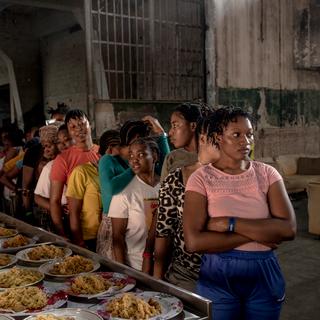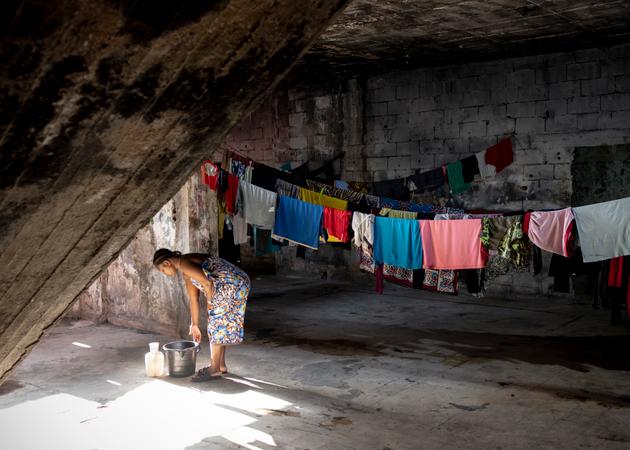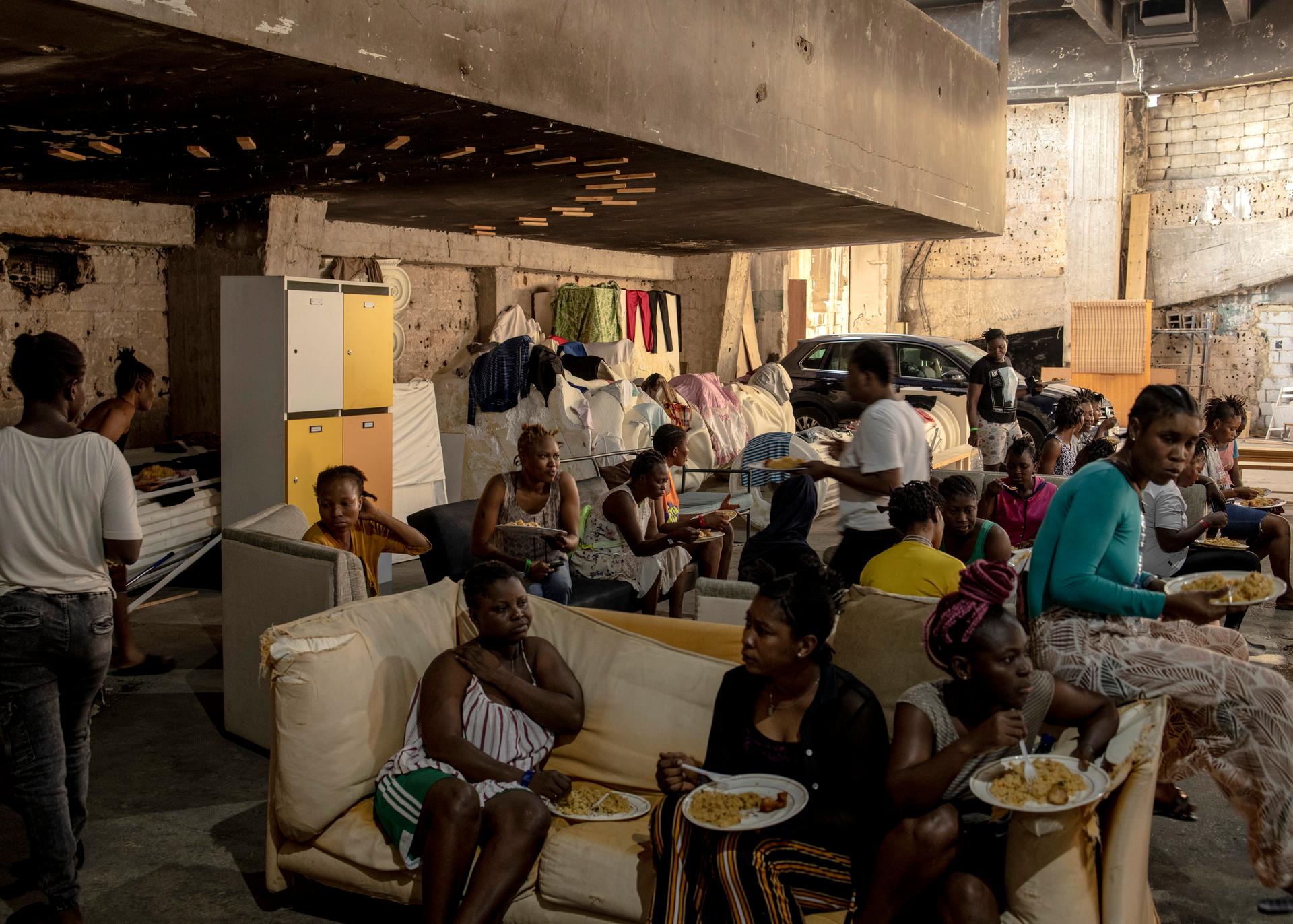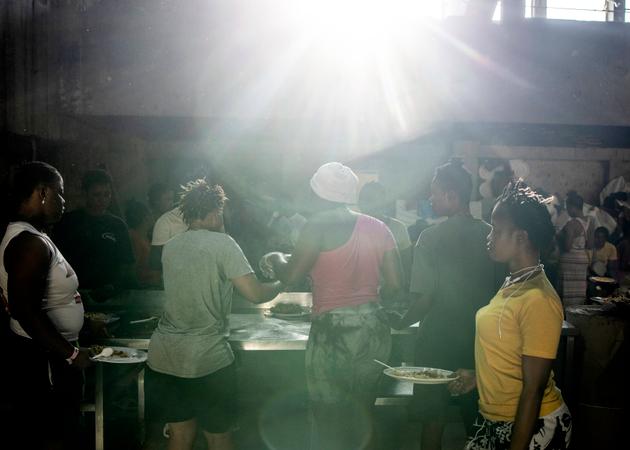


In Lebanon, the war plunges vulnerable migrants into terror
FeatureMigrants from the Philippines, Sri Lanka, South Sudan and Sierra Leone have been forced to flee their homes in exposed areas or abandoned by their employers. They have few options for finding shelter or leaving Lebanon.
Children's cries echoed from the floors above St. Joseph's Church in Beirut's Achrafieh neighborhood. In one room, mattresses were set out on the floor. The building, which belongs to the Jesuits, has become a refuge for migrants trapped by the Israeli offensive launched on Lebanon on September 23, following a year of low-intensity warfare on the border between Hezbollah and the Israeli army.

Some 160,000 migrants, 65% of them women, were counted in Lebanon in 2023 by the United Nations International Organization for Migration. They lived either in the homes of their employers, in a system of dependency known as kafala, or on their own in poor neighborhoods, often having lost their legal status. The heavily shelled suburbs of Beirut's southern suburbs – a vast residential area and Hezbollah stronghold – provided inexpensive housing before the war. Some of these foreign workers have been forced to flee their homes in exposed areas or have been abandoned by their employers. Daily life has been turned upside down.
'The war has shattered everything'
Overnight, the Jesuits saw an influx of migrants seeking safety. Over 70 people – including families with children – from Africa and Asia are being housed in the building. "I loved our life in Nabatieh, in the south. The war has shattered everything. We fled terrifying bombardments. I'm so afraid for the child I'm carrying," said Malaz quietly (who, like most of the people quoted, did not wish to give her surname), a 28-year-old Sudanese woman who is eight months pregnant.
Tears streamed down her face. The wearisome sound of an Israeli drone – there's no letup from surveillance devices in the skies over Beirut – broke the silence. "I had my own place, in the southern suburbs. There, it's fear and danger. I used to work as a nanny and cleaner for a family during the day, but they too have been displaced by the bombings. I no longer have a job. This is the only place I can stay," said Patimat, a 50-year-old Sri Lankan who speaks poor Arabic.


"Usually, the migrant community – from countries such as the Philippines, Sri Lanka and South Sudan – finds a place in our parish on Sundays. We have opened an emergency shelter [for these foreign workers] because they are not included in the government's response to the displaced," explained Michael Petro, project director at the Jesuit Refugee Service (JRS). The authorities give priority to Lebanese citizens in the public schools that have been turned into shelters, which are now overcrowded. According to the government, the war has displaced 1.2 million people.
You have 57.74% of this article left to read. The rest is for subscribers only.
